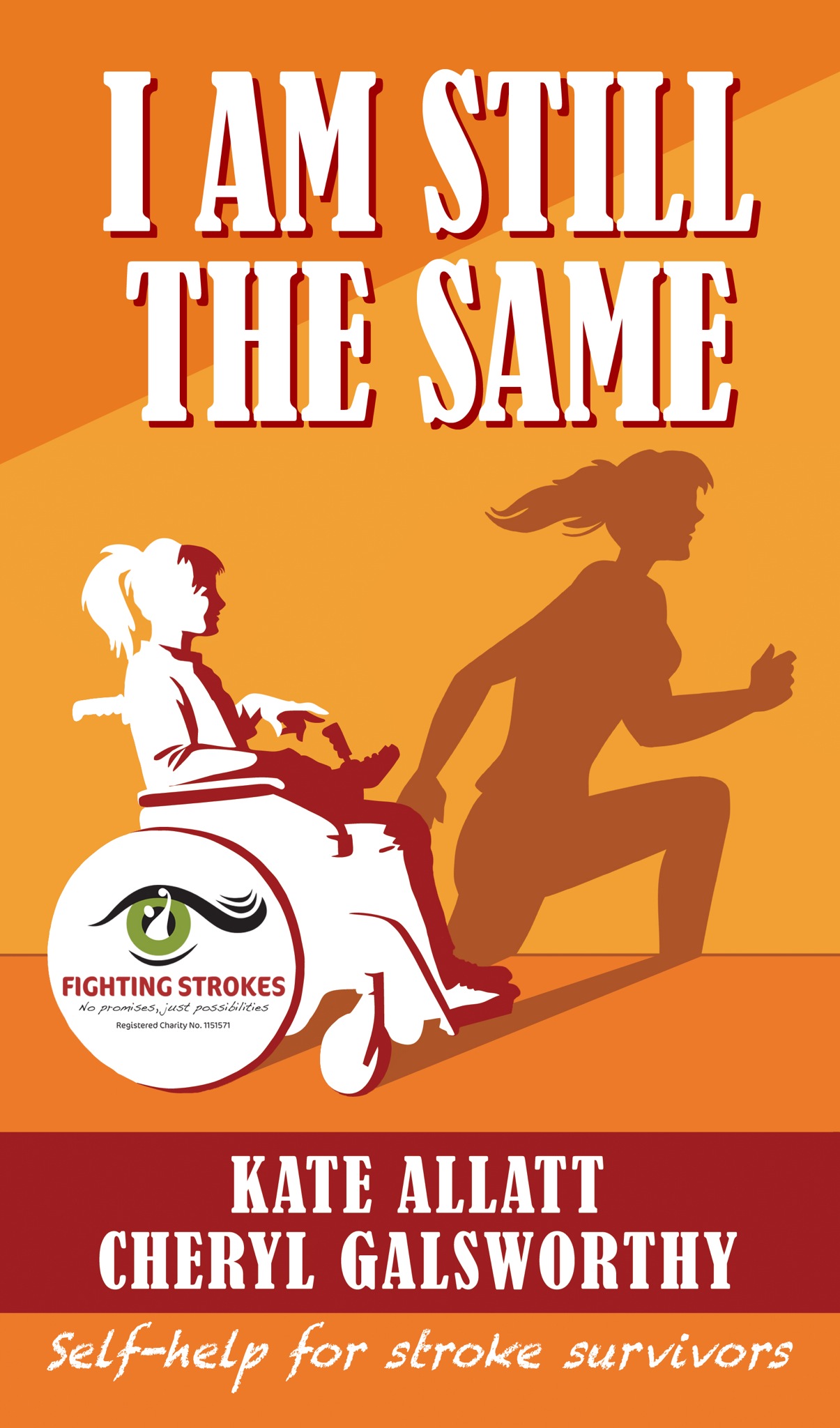 |
| Kate Allatt Stroke Recovery Tips |
Brain stem strokes can be difficult to diagnose and complex, according to Dr. Richard Bernstein, assistant professor of neurology in the Stroke Program at Northwestern University in Chicago.
Brain stem stroke can cause:
- Vertigo
- Dizziness
- Double vision
- Slurred speech
- Severe imbalance and
- Decreased level of consciousness.
More severe brain stem strokes can cause Locked in Syndrome - a condition in which survivors can move only their eyes.
“It is important that the public and healthcare professionals know all of the symptoms of a stroke and are aware that some brain stem strokes heave distinct symptom,” Dr. Bernstein says. “Patients need to receive treatment as soon as possible to promote the best recovery.”
Like all strokes, brain stem strokes produce a wide spectrum of deficits and recovery. Over time, these symptoms could result in mild to moderate and short to long term difficulties.
Risk factors for brain stem stroke are the same as for strokes in other areas of the brain: high blood pressure, diabetes, heart disease, atrial fibrillation and smoking. Like strokes in other areas of the brain, brain stem strokes can be caused by a clot or a hemorrhage. There are also rare causes, like injury to an artery due to sudden head or neck movements. This was my actually the cause of my injury.
“Dramatic recovery from a brain stem stroke is possible,” says Dr. Richard Harvey, director of stroke rehabilitation at the Rehabilitation Institute of Chicago. “Because brain stem strokes do not usually affect language ability, the patient is able to participate more fully in rehabilitation therapy. Most deficits are motor-related, not cognitive. Double vision and vertigo commonly resolve after several weeks of recovery in mild to moderate brain stem strokes.”
Resources for Locked-in Syndrome
Running Free: Breaking out from Locked in Syndrome
by Allatt/Stokes
Locked In: A Young Woman’s Battle with Stroke. Mozersky, Judy. The Golden Dog Press, 1996. ISBN 0-919614-64-7.
The Diving Bell and the Butterfly. Bauby, Jean-Dominique. Random House Value Publishing, 1995. ISBN 0-517409-31-3.
Information Sources
 Adapted from “Surviving a Brain Stem Stroke”, Stroke Connection January/February 2003.
Adapted from “Surviving a Brain Stem Stroke”, Stroke Connection January/February 2003.NEWS FLASH!!! New book November 2014
I Am Still The Same
See the original article:
in

No comments:
Post a Comment